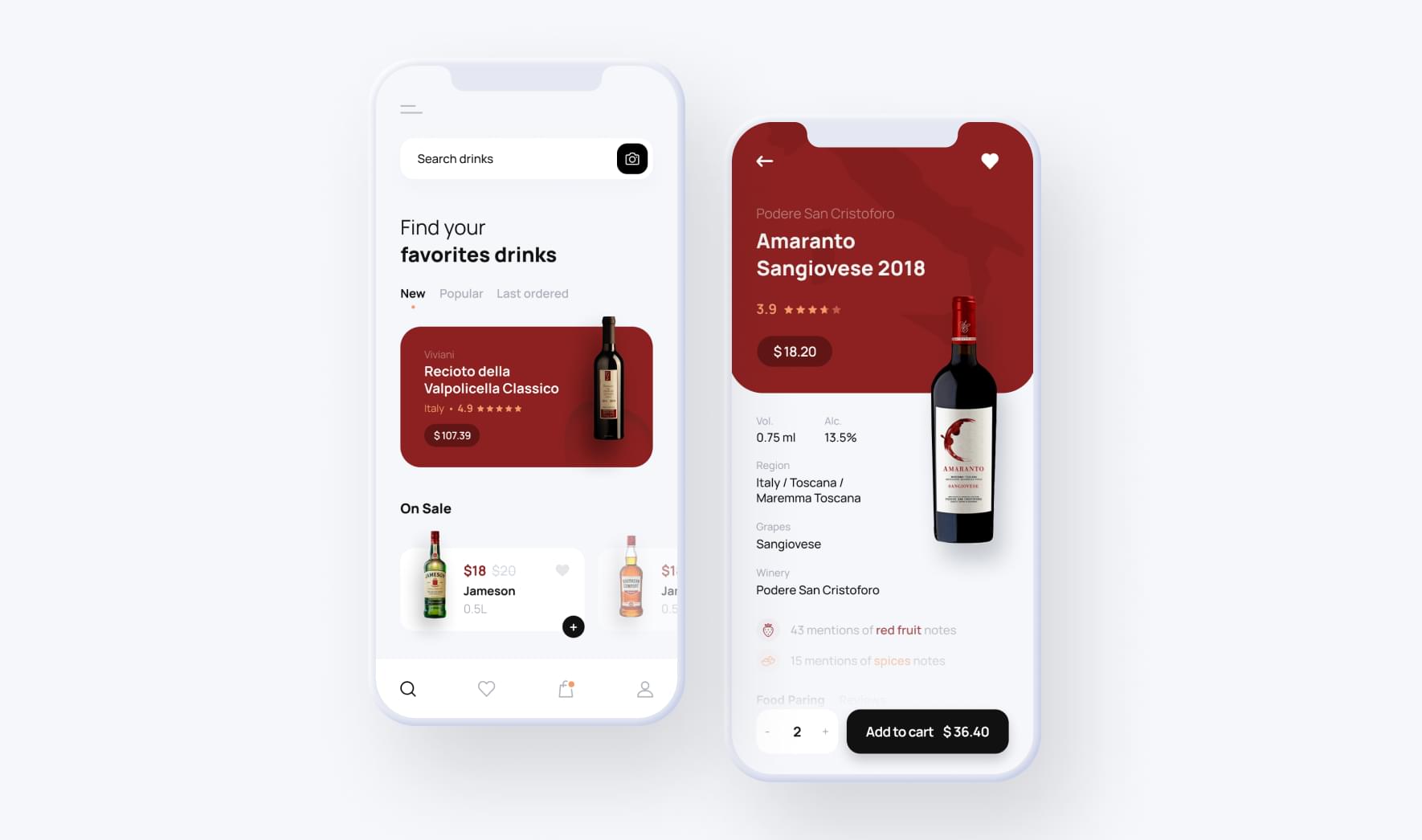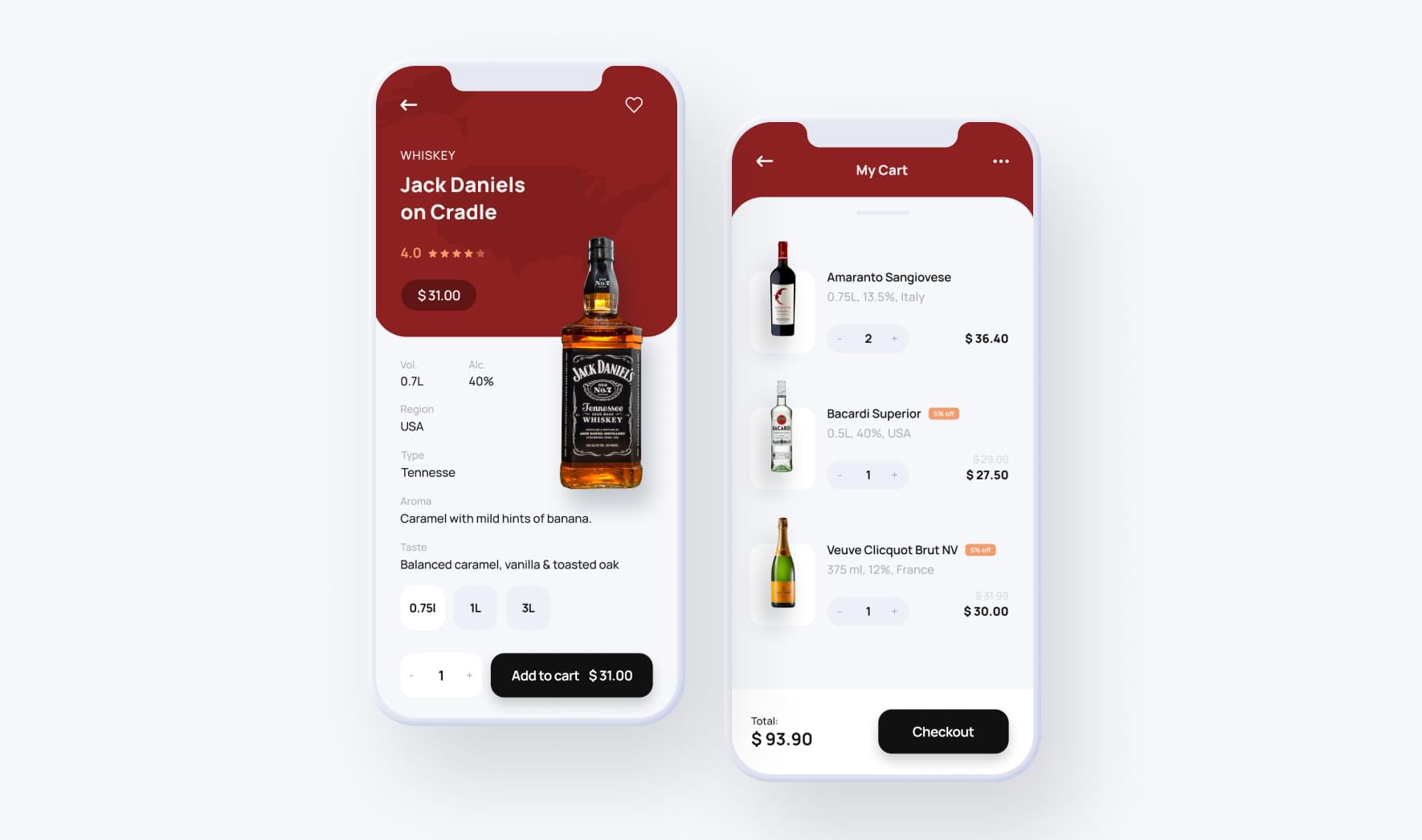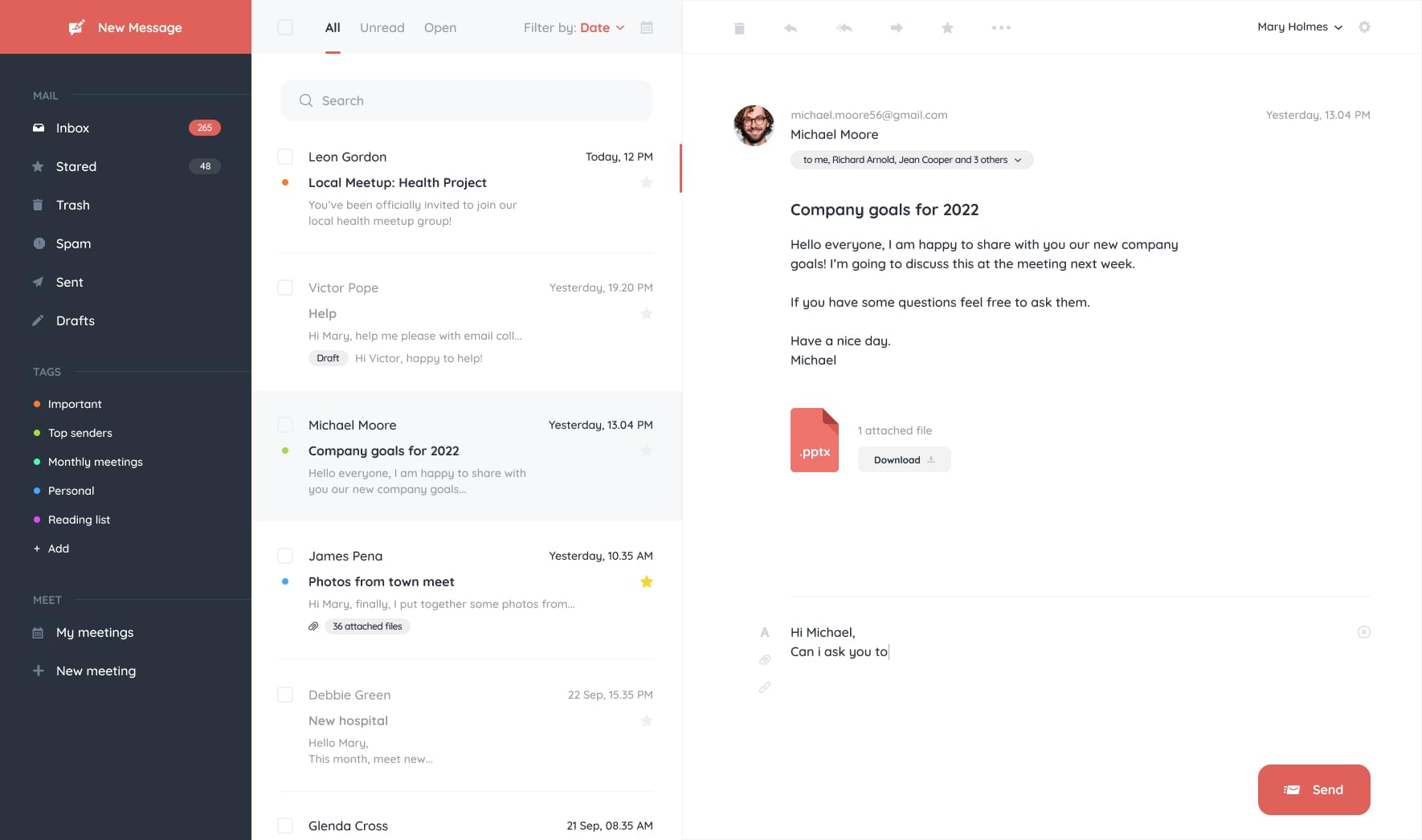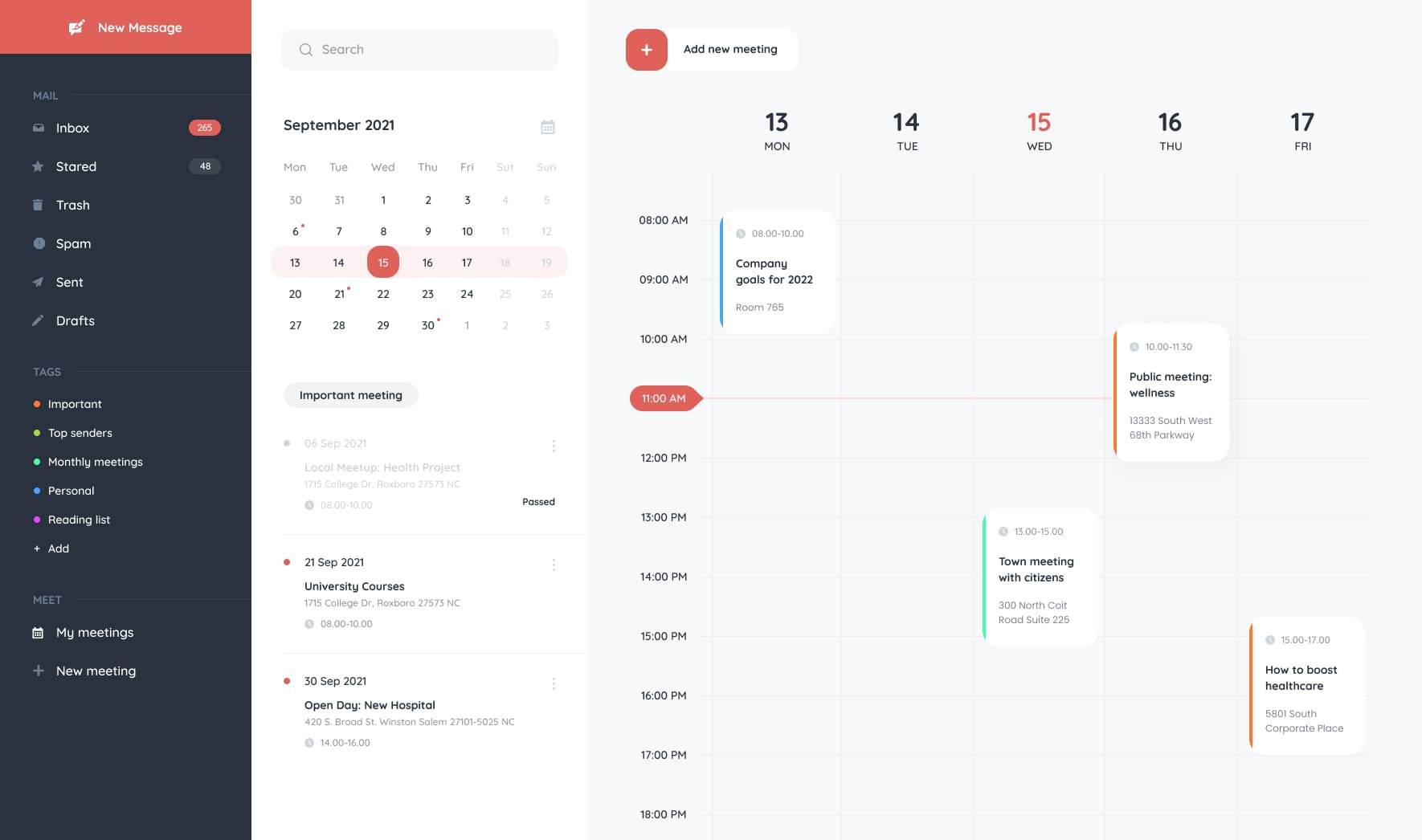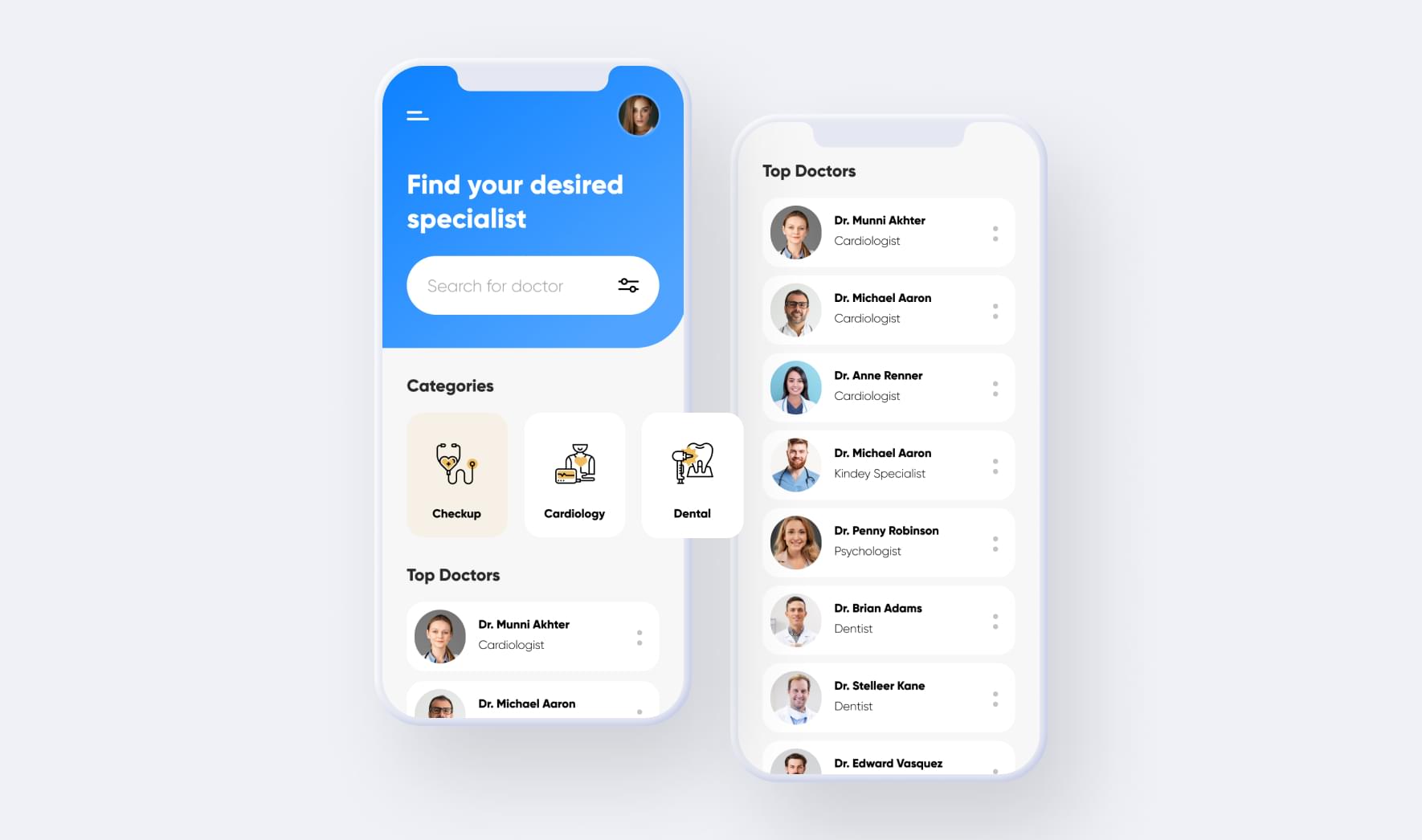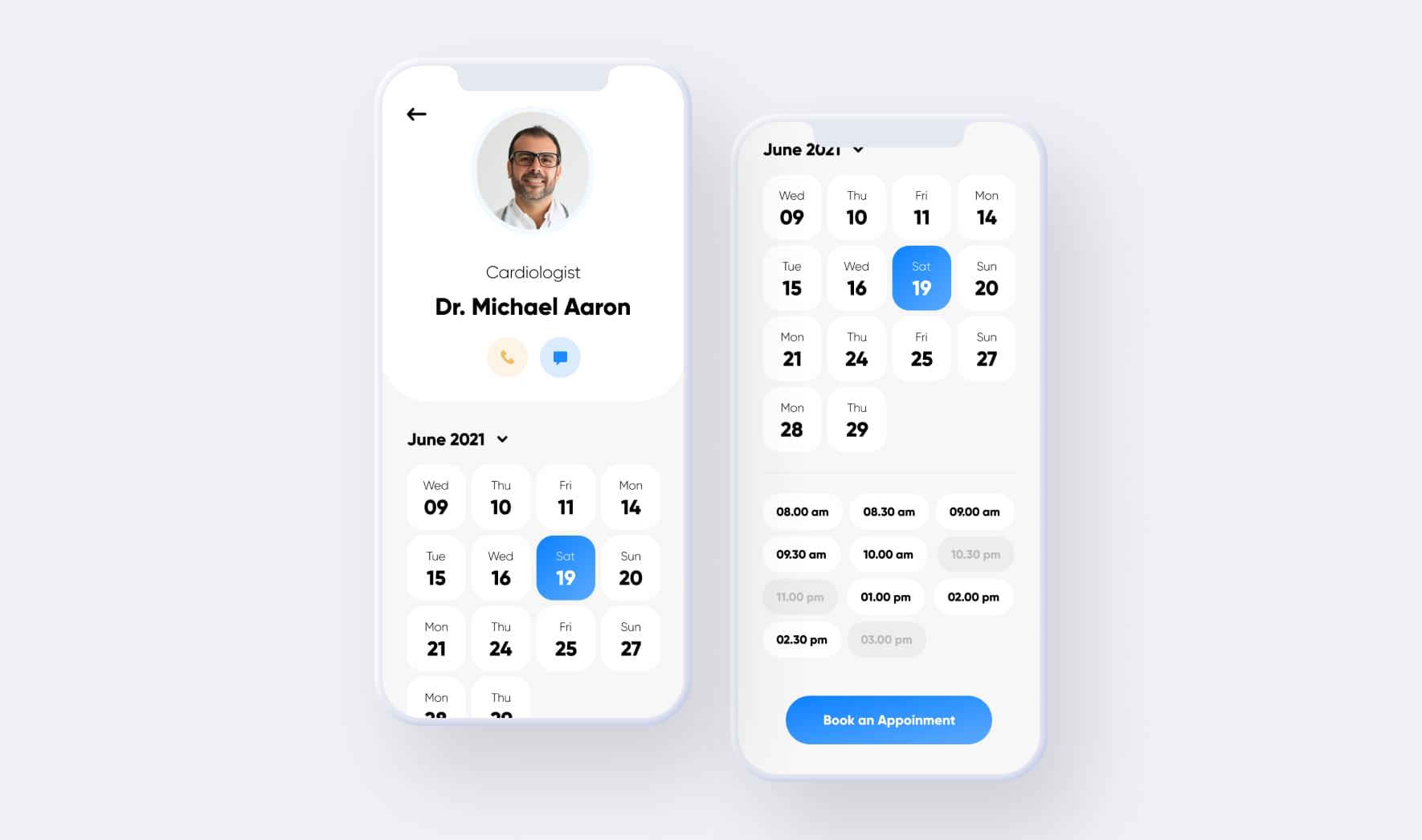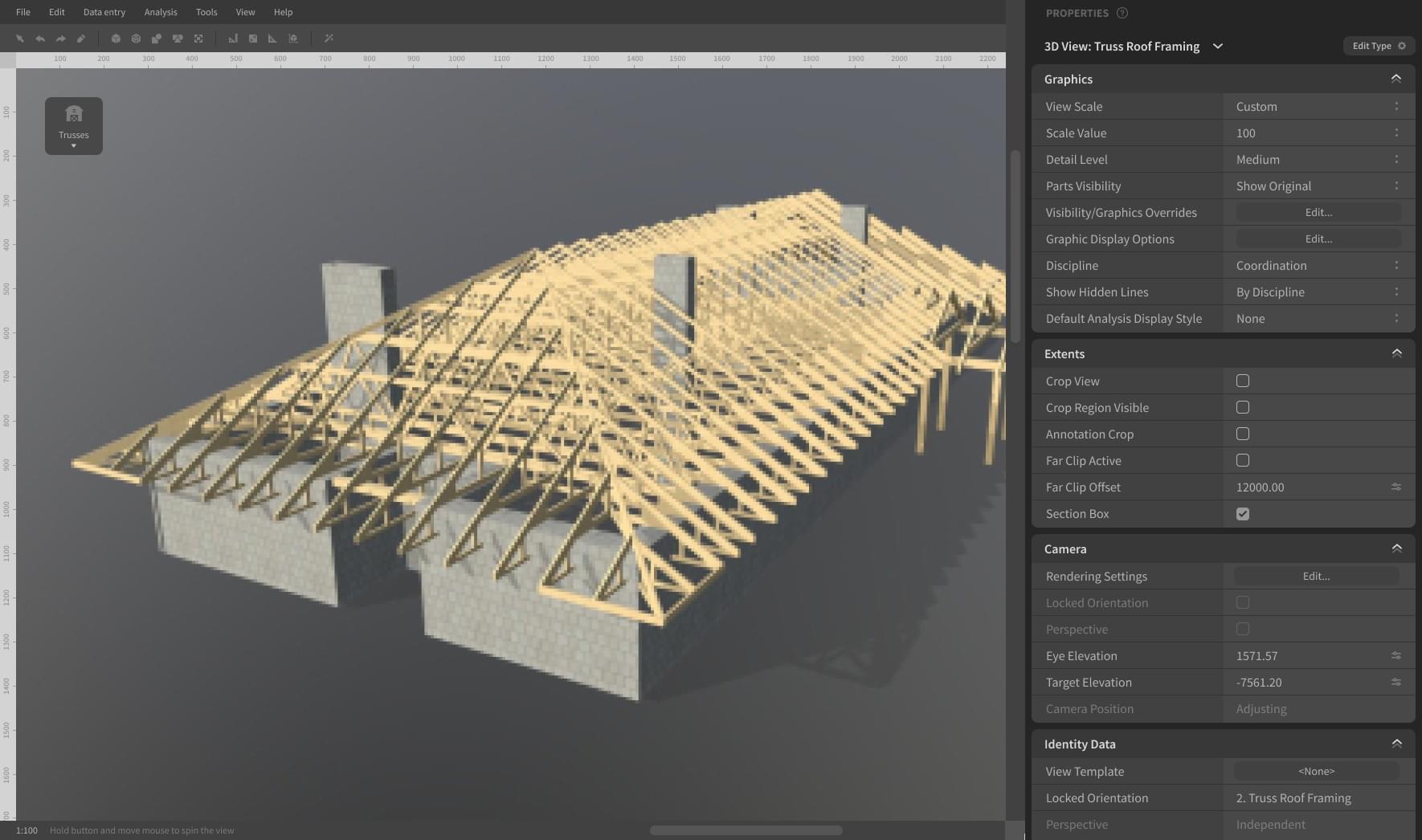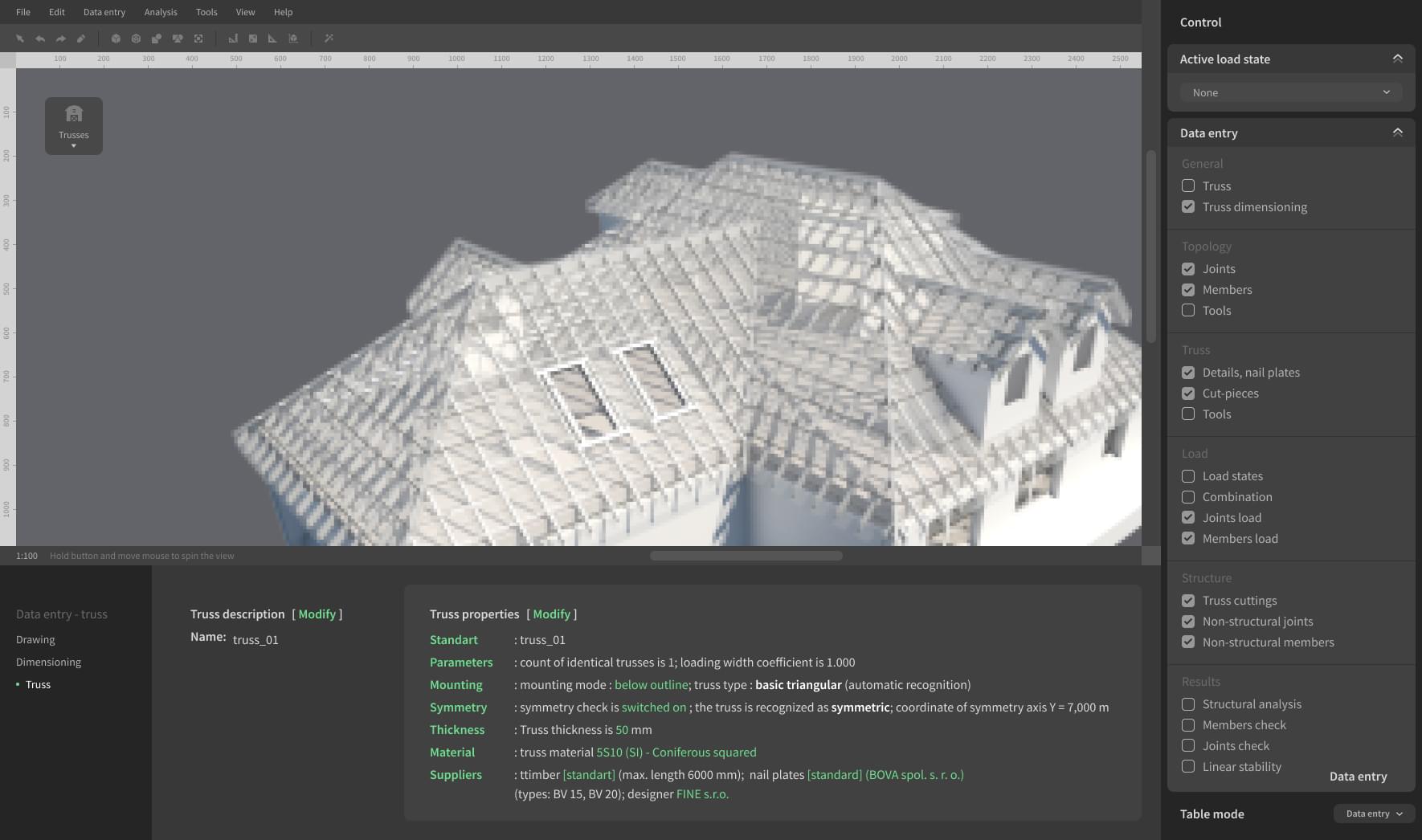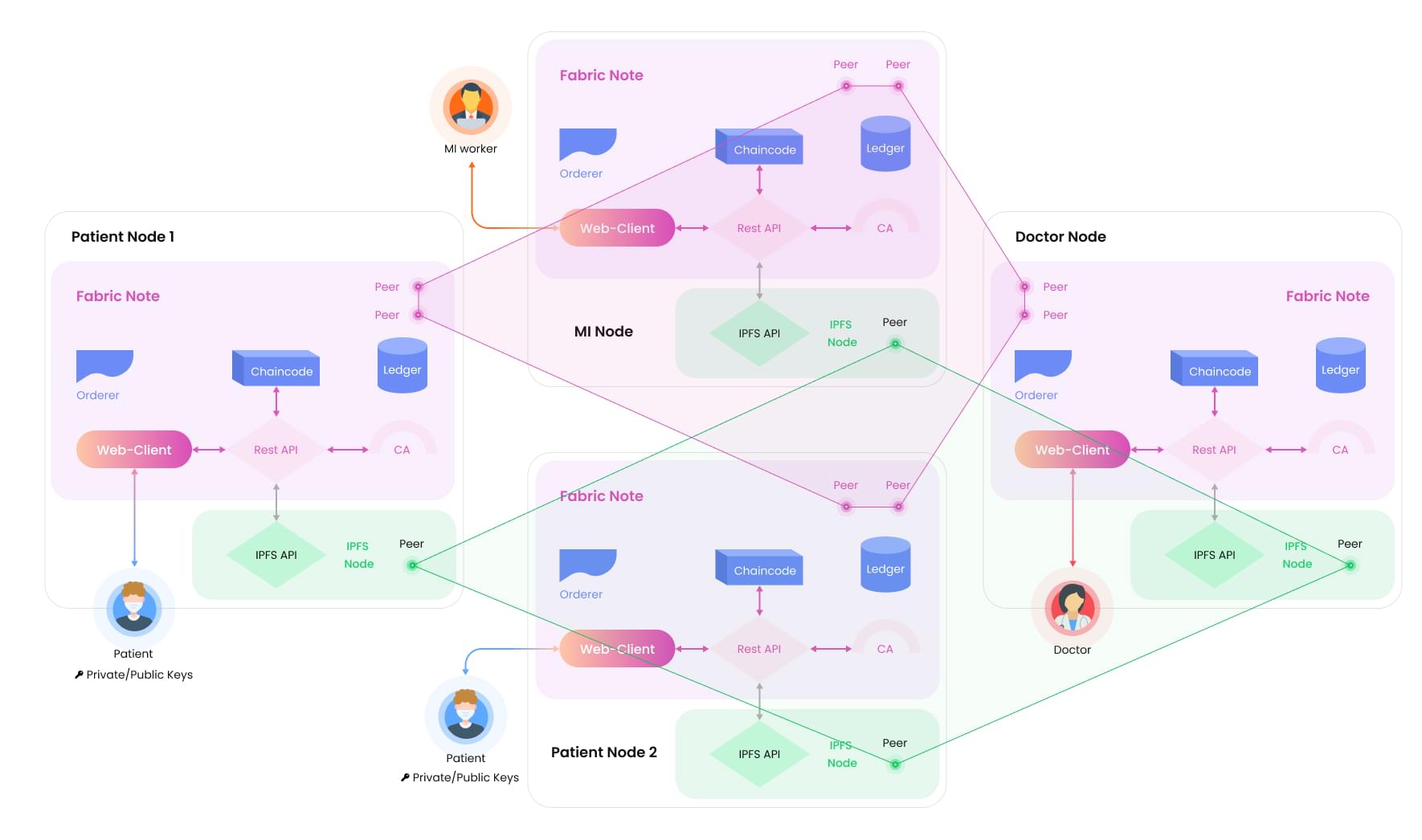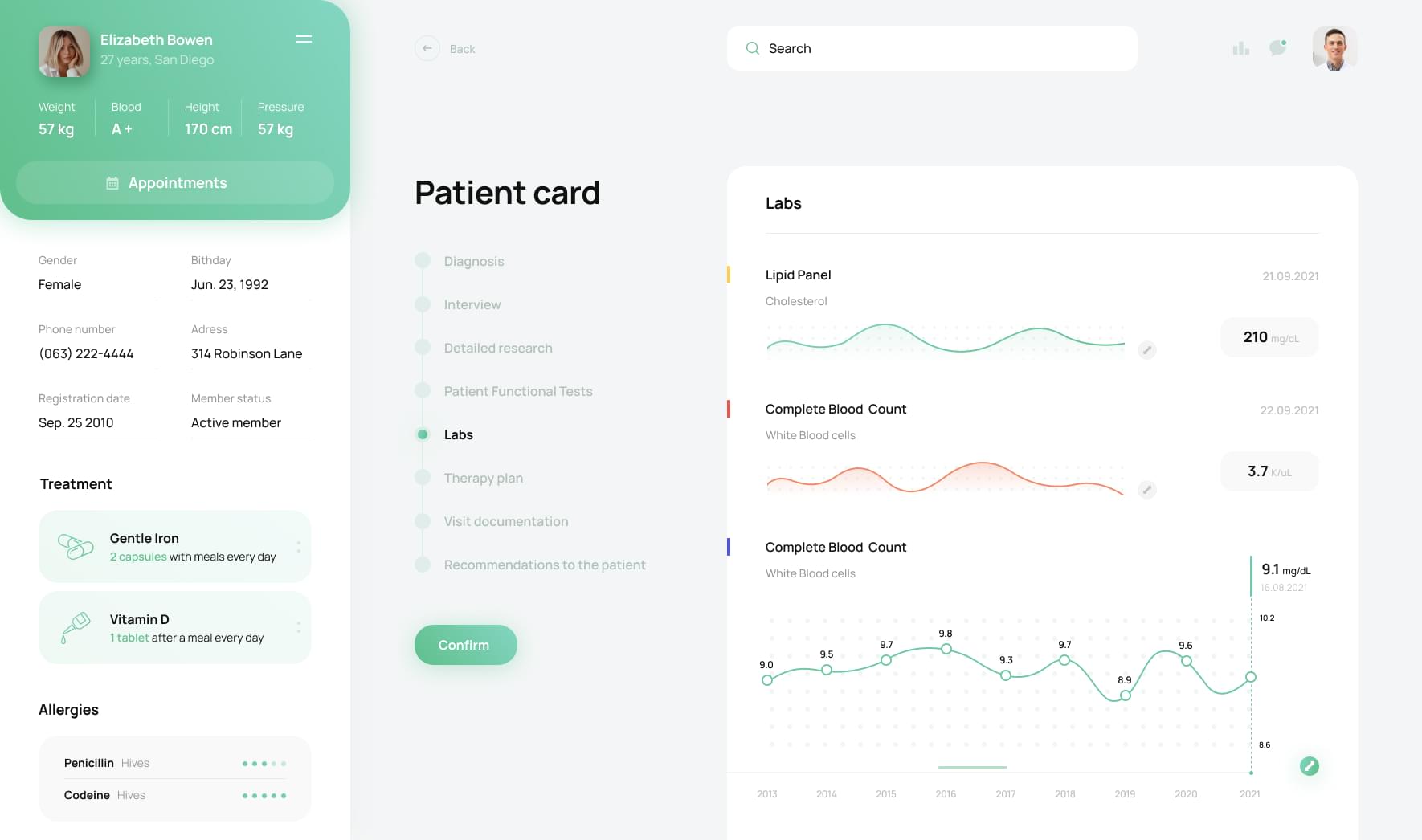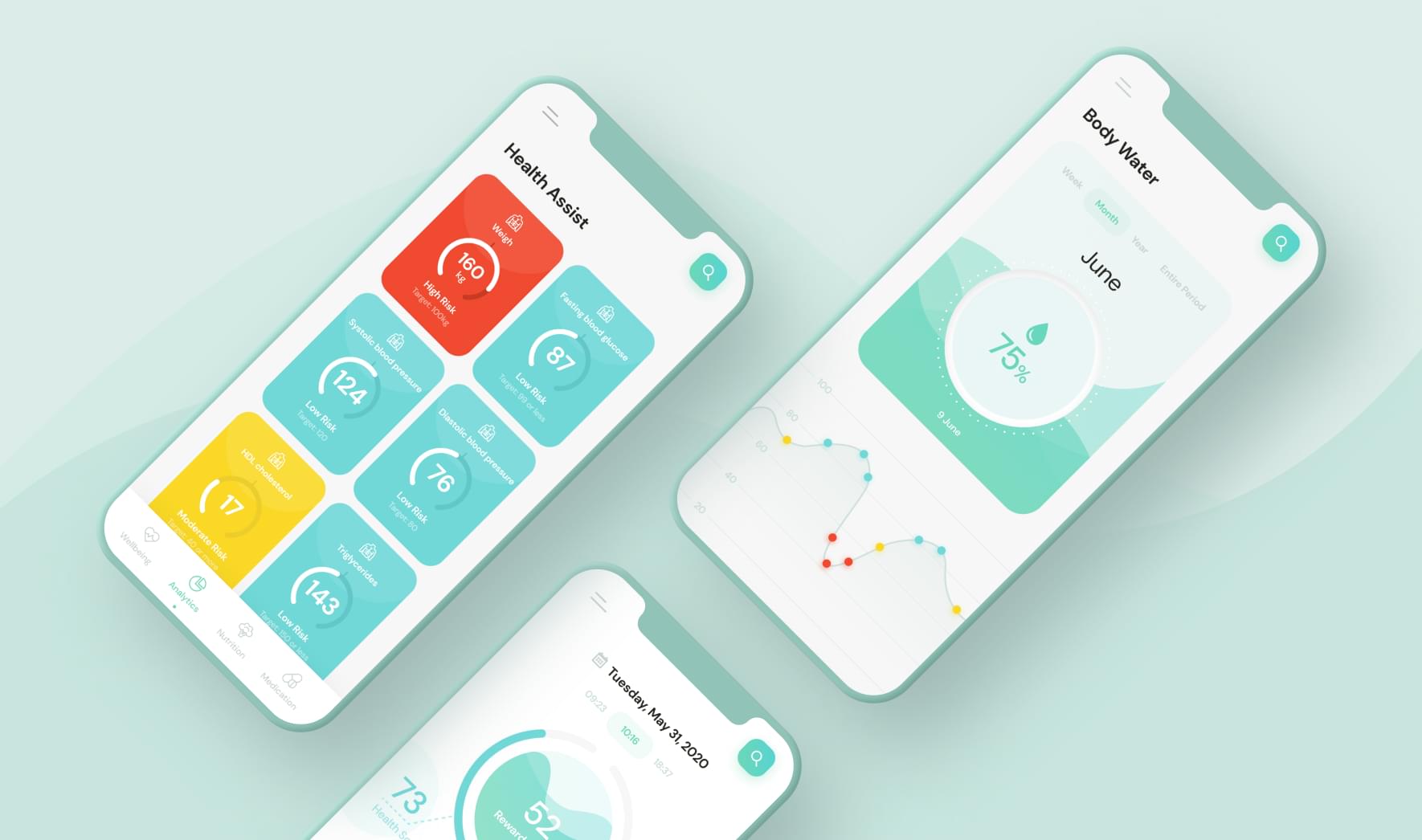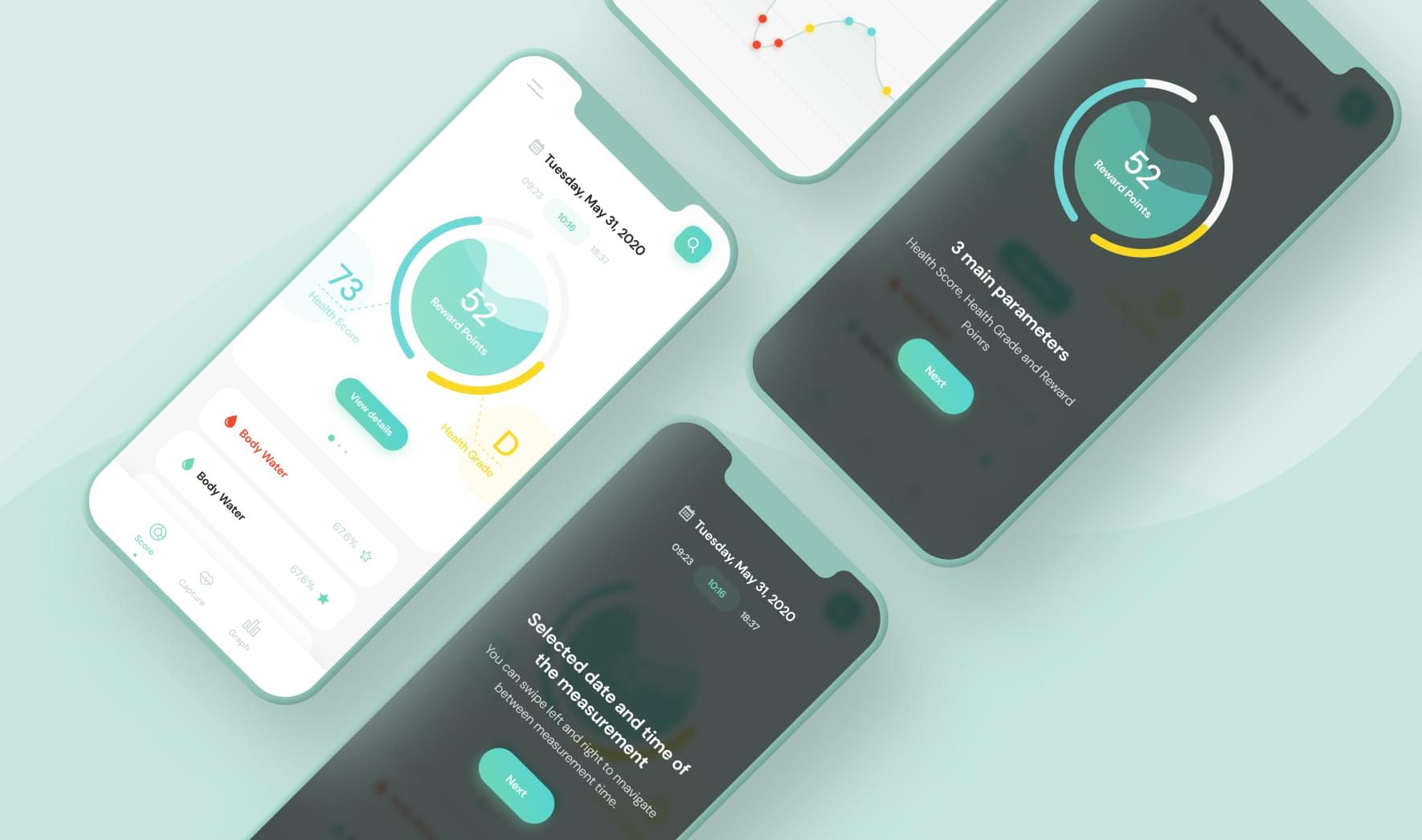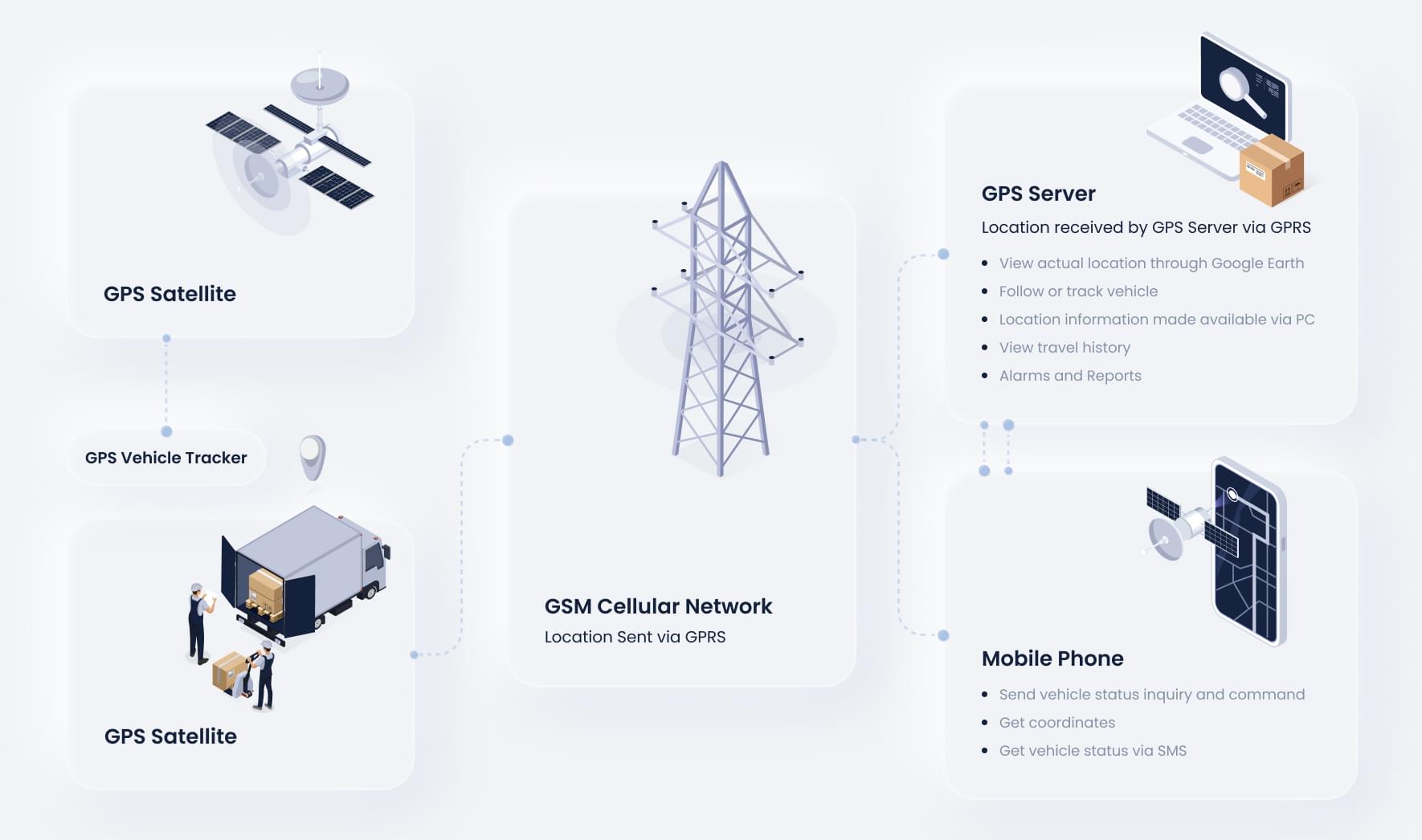close
- emailSend a requestphoneCall 1-650-419-3379phoneCall +1 (650) 419-3379phoneCall +44 2035140925 phoneToll-free 855-258-67-67
- Services
- Expertise
- Portfolio
- Testimonials
- About Us
- Contact Us

Custom Node.js Development Services
Services
Our expertise
Why partner with us
.net product, .net consulting, .net development services, .net engineers, .net company, .net developers, .net consulting, full .net product
Related cases
The team at Altoros has successfully implemented 1400+ projects, some of which can be accessed through this page. We do also share more details on a particular project and other stories of success on demand. Please do not hesitate to reach out to us with a request!
Automating Order Management for Wine and Spirits Retailers
The customer
Based in the USA, the company provides a suite of apps for the wine and spirits industry. Sales managers and representatives in 43 states utilize the customer’s order placement, delivery tracking, communication, and other systems. The organization serves the market for 20+ years, and its software products help to process $15 billion in wine/spirits sales annually.
The need
The US legislation prohibits producers of alcoholic beverages to sell their goods to retailers (stores, bars, cafes, restaurants, etc.) directly. So, wholesalers act as intermediaries between manufacturers and retailers. To distribute alcoholic products, however, wholesalers mostly make phone calls, send catalogs by e-mails, and hold in-person meetings. Understanding how time-consuming and prone to human error these manual processes were, the customer recognized the opportunity of developing an order management app.
The company turned to Altoros to build a system—from scratch—that would enable retailers to place and track orders, as well as facilitate reporting.
The challenges
Under the project, the team at Altoros had to address the following issues:
- Each retailer might want to install the app on its own server(s). As different companies might have different workflows and technologies, it was important to ensure that the app was customizable to smoothly integrate into existing ecosystems.
- At the same time, system administrators without programming skills had to be able to implement custom components and layouts requested by retailers.
- Since the app was to serve multiple retailers, it was crucial to enable multitenancy and display only relevant product offers to them.
-
43
states covered
-
$15B
processed in annual sales
-
3x
reduced feature release time
The outcome
Partnering with Altoros, the customer developed a multitenant system that automates order placement for retailers in the wine and spirits industry. Thanks to the chosen DDD architecture, the delivered system can be easily tailored to the end-user workflows and integrated into existing ecosystems. At the same time, the delivered admin panel makes it possible to implement any customizations requested by retailers in just a few clicks. The CI/CD pipeline coupled with code reuse helped the company to reduce a feature release cycle by 3x.
Technology stack
Programming language - TypeScript
Technologies - Angular, Node.js, Sequelize, Fastify, Swagger, OpenAPI, Bitbucket Pipelines, Yarn workspaces, Sketch, WebStorm, Google Fonts
Database - Microsoft SQL Server
Automating Email Management and the Planning of Public Meetings
The customer
Based in the US, the customer is a provider of software solutions to a public sector. The company’s main offering is a platform that helps local governments to automate e-mail management and organize public town meetings to discuss arising issues in economy, education, health, wellness, etc.
The need
Local governments receive hundreds of daily e-mails from citizens who want to speak at town meetings. Municipal clerks review the messages, sorting inquiries by topics and publishing relevant ones in a meeting agenda on the administration’s website. This manual processing may take a clerk up to 8 hours per week. The bigger the population, the more time-consuming becomes the task, so citizens may wait for weeks till their e-mails are reviewed.
Relying on Altoros, the customer wanted to build a platform that automates this process. The company planned to showcase the system to a few municipalities, so a minimum viable product (MVP) had to be delivered under tight deadlines.
The challenges
Under the project, the team at Altoros had to address the following issues:
- As city population may vary from thousands to millions, scalability was a top priority, as well as high availability and performance.
- Since the system had to process personal information (names, e-mail address, etc.), it was important to ensure data security.
- As people with disabilities would also utilize the platform, compliance with Section 508 of the Rehabilitation Act had to be enabled.
The outcome
Partnering with Altoros, the customer helped local governments to automate e-mail management, saving 500+ hours monthly on manual processing of inquiries from citizens. This way, municipal clerks can efficiently plan monthly meetings, while citizens no longer wait for weeks till their request is reviewed. The system enables clerks to review and reply to e-mails, as well as include them into the agenda of appropriate public meetings featured at the administration website. Citizens can view the issues for discussion and submit comments.
Thanks to the delivered MVP, the company partnered with a US city that has a population of over 35,000 people. A stateless architecture ensures that the system can seamlessly scale on demand to serve the needs of cities with bigger population.
-
500H
saved per month
-
32H
saved per clerk
-
35,000+
citizens
Technology stack
Platforms - DigitalOcean, Vercel
Programming language - JavaScript
Technologies - React Native, Node.js, Next.js, Bootstrap, GraphQL, Apollo Client, Formik, styled-components
Database - PostgreSQL
Migrating a Fitness Platform Serving 6.4 Million Users to Microservices
The customer
The company is a U.S. provider of a fitness web platform, a suite of mobile apps, and connected workout equipment. 6.4 million members are using the web platform in 120 countries. During initial product offering in Q4 2021, the company expects to reach a $6-billion stock valuation.
The need
In 2019, the web platform, offering online fitness classes and wellness programs, featured 330,000 paid subscriptions daily. By 2021, paid subscriptions has grown exponentially up to 1.5 million. To sustain the loads, the provider needed to scale—however, the platform represented a monolith hard to maintain and expand. On top of that, the system was exposed to security breaches across multiple API endpoints.
Relying on Altoros, the customer wanted to achieve high availability, scalability, and ease of maintenance by migrating to microservices, as well as improve security and extend functionality.
The challenge
Under the project, the team at Altoros had to address the following issues:
- There were numerous security vulnerabilities across 20 API endpoints—cross-site scripting, insecure direct object references, cross-site request forgery, lack of proper authentication, etc.—which could lead to personal data leak, unauthorized malicious access, and other grave consequences.
- As the fitness platform was running in production, it was important to ensure zero downtime during migration to microservices.
-
1.5M
paid content subscribers
-
4
deployed microservices
-
6.4M
total platform members
The outcome
Partnering with Altoros, the customer migrated its platform—providing virtual fitness classes and wellness programs to 6.4 million users—to microservices, enabling high availability, scalability, and ease of maintenance. Thanks to the obtained expertise around microservices-based development, the provider can now move on with further platform expansion.
With the security improvements in place, the company prevented unauthorized access, impersonalization attacks, data leaks, etc., across 1.5 million paid content subscriptions.
Technology stack
Platform - Amazon Web Services
Programming Languages - JavaScript, TypeScript
Frameworks and tools - AWS Lambda, Amazon SQS, Node.js, Express, Prisma, Swagger, Mocha, Jest
Databases - Amazon RDS, MongoDB
Automation of Appointment Schedules for Doctors and Patients
The customer
Established in 1986, the customer is a medical ward based in Oslo, Norway. The organization offers several medical services: health checkups, laboratory tests, surgical operations, etc. The institution also provides biannual checkups for the employees of multiple organizations across the country.
The need
Twice a year, corporate employees in Norway have to go through obligatory physical checkups. The medical center was delivering this service to 20 companies. Initially, appointment scheduling was conducted manually via phone calls and by using spreadsheets. This was inefficient, time-consuming, and led to human error and conflicts between schedules. As a result, it was impossible to neither provide a quality service, nor fully focus on other daily routines. During the COVID-19 pandemic, these issues escalated due to the increased burden on medical staff.
With a view to expand its business and cater to more corporate customers, the institution relied on expertise at Altoros to automate the scheduling procedure.
The challenges
It was important to ensure that medical workers with no technical background could easily manage tasks such as addition of new doctors, their vacations or sick leaves, etc. The ward collects, processes, and stores personal data of European Union citizens, so the system had to comply with the General Data Protection Regulation (GDPR).
-
750,000+
users
-
100+
companies
-
GDPR
compliance
The outcome
Partnering with Altoros, the customer automated time-consuming and inefficient manual processes around biannual physical checkup. As a result, the ward can now provide healthcare checkups to 100+ companies, being able to serve up to 750,000 corporate patients. Now, the healthcare institution can deliver a timely service without interrupting its other daily routines, saving hundreds of hours for medical staff.
In future, the customer plans to white-label the delivered system and offer it to other medical organizations seeking this kind of automation, building an additional revenue channel.
Technology stack
Platform - Amazon AWS
Programming language - JavaScript
Frameworks and tools - Amazon Simple Email Service, Amazon Lightsail, Node.js, React, React-Router, Redux, Redux-Saga, Ant Design, Fastify, REST, Swagger UI, Webpack, Sequelize
Database - PostgreSQL
Developing a System for Managing Roof Truss Production
The customer
Operating globally, the company is a leading producer of fully automated solutions for the building component manufacturing industry. With patented smart robotics technology under the hood, the organization provides a revolutionary roof truss production system.
The need
When the customer turned to Altoros, it had an existing CAD-like software—for roof truss designers—implemented as a proof of concept. However, the solution’s functionality was not mature enough to be used in production.
Collaborating with Altoros, the company wanted to optimize the existing functionality, as well as develop some business-critical components.
The challenges
Under the project, the team at Altoros had to address the following issues:
- The system’s immature API with its unpredictable behaviour might cause failures at any step of the truss production line.
- To avoid redesigning defective trusses from scratch, it was important to ensure control of individual truss elements.
- The system’s performance had to be stable even in case of a network error.
- The solution had to be compatible both with the Windows and Linux operating systems.
The outcome
Partnering with Altoros, the company turned its proof of concept into an enterprise-grade solution capable of customizing the sequence of steps performed by a robot at the truss production line and taking a defective truss element off the production line. With improved API, the system is fault tolerant and minimizes risks of unexpected failures at production.
Technology stack
Platform Linux, Windows
Programming languages Ruby
Frameworks and tools Ruby on Rails, Docker, Node.js, React, Redux, MobX, dry-rb, rom-rb
Databases PostgreSQL, Redis
Building a Secure, Immutable Ledger for Storing Medical Records
The customer
Based in the United Kingdom, the company is a provider of business-to-business blockchain protocol implementations for healthcare. The customer aims to integrate existing EHR systems with a blockchain network and bring in automation.
The need
The majority of medical institutions operate highly centralized systems that store patient data. Being governed by a single point of authority, these systems significantly complicate access to patient history once a person changes a doctor or a hospital. The process also lacks transparency for different specialists handling the same patient.
Therefore, the customer turned to Altoros to develop a decentralized solution for maintaining medical records, aiming to increase transparency while preserving privacy.
The challenges
First and foremost, the system had to be extremely secure, since it deals with highly sensitive patient data. At the same time, it had to manage and process a variety of hi-scale images (X-ray, MRI, etc.), as well as unstructured or semi-structured text and PDF documents (such as prescriptions, treatment lists, or lab test results).
The outcome
Cooperating with Altoros, the customer developed a decentralized blockchain system for storing medical records in an immutable, transparent, and secure manner. Unlike common blockchain systems that store key-value pairs only, the solution can handle large images (X-ray, MRI, etc.) and other documents important for patients’ medical history.
The system can be customized for the needs of different medical institutions.
After having delivered this proof of concept, the customer partnered with one of the leading global software providers (a Premier Member of the Hyperledger Foundation).
To enable the system to store a variety of hi-resolution images (X-ray) and semi-structured PDF documents (prescriptions and lab tests), our developers integrated a distributed, peer-to-peer IPFS file system.
Finally, the engineers optimized the chaincode structure to prevent the ledger from duplicating data entities, such as a document, a record, etc.
Technology stack
Server platform Hyperledger Fabric v1.4
Programming languages JavaScript, Go
Technologies Node.js, Bash, React.js, Ansible, Apache Kafka, ECDSA, IPFS
Database RethinkDB
Optimizing a Cloud-Native Analytical Platform for Healthcare
The customer
A California-based provider of innovative solutions for healthcare—distributed globally. The customer focuses on creating products for elderly managed care, chronic disease care, hospital discharge care, consumer health, and telemedicine. Its main patented technology, DynoTM, is a fully-integrated health scanner that captures and analyzes patient data across 30+ metrics in less than one minute.
The need
The customer was developing a cloud-based platform that would aggregate and analyze patient data gathered by its health scanner. The delivered solution aimed at simplifying the process of provisional diagnostics and therapy assignment using a mobile phone.
After some time, DynoSense faced performance bottlenecks. The platform did not process the captured patient data within 5–10 seconds; the developers were not sure about how scalable the platform is.
The customer was under a tight deadline, so it turned to Altoros to find bottlenecks, ensure scalability, and accelerate time to market.
The challenges
In the course of the project, the following challenges were identified:
- The system should be scalable enough to process huge amounts of data—collected from 200,000+ sensors.
- All of the sensitive data should be properly secured.
- Since the recommendations provided by the platform may affect health of patients, it should operate faultlessly and be highly available.
- The product should be flexible for future updates—i.e. easily maintained
The outcome
Partnering with Altoros, the customer delivered a cloud-native microservicesbased platform that analyzes thousands of health data packets within 5–10 seconds. By employing Cloud Foundry, the customer reduced time to market by accelerating the development process: pushing new releases now take minutes instead of hours.
In Q3 2016, the platform was launched to analyze data gathered from 200,000 of smart sensors. In the next 1.5 years, it is expected that the number of platform users will grow to 1,500,000–2,000,000 patients and medical stuff.
Technology stack
Server platform - Cloud Foundry
Infrastructures - OpenStack, AWS
Programming languages - Java, JavaScript, R
Technologies - Node.js, Apache Spark, Artillery, Kafka
Database - Apache Cassandra (DataStax Enterprise)
Enabling Real-Time Data Processing for a Fleet Management Platform
The customer
Operating at the intersection of hardware and connected technologies, the company is a global provider of enterprise solutions for the logistics, automotive, and trailer management industries. Founded in 1989, the organization designs and manufactures connected ecosystems for RFID- and cellular-enabled devices.
The need
The customer had an IoT-based solution for fleet management (trucks). However, the platform was unable to process huge amounts of data—gathered from 5,300 devices—in real time.
Partnering with Altoros, the customer wanted to improve data processing and develop a similar solution for motorcycle riders.
The challenge
Under the project, the team at Altoros had to address the following issues:
- It was important to ensure that the solution can process 36,000 records per hour.
- It took almost 10 minutes to execute database queries.
- The system could not define geofences on the map, which prevented it from sending out automatic alerts when a device exits/enters a particular area.
-
1M+
users
-
5,300
devices
-
36,000
records
The outcome
Partnering with Altoros, the customer enabled real-time data processing for its fleet management platform. Now, the system is capable of analyzing 36,000 records per hour gathered from 5,300 connected devices. The company also developed a solution for motorcycle riders, which community already has over 1,000,000 users.
Technology stack
Platform - Xively
Programming Language - TypeScript
Frameworks and tools - React, Redux, Node.js, AWS SNS, AWS Elastic Beanstalk, Amazon ElastiCache, AWS Lambda, Amazon Kinesis, MQTT
Databases - Aurora PostgreSQL
Our clients speak
Our aim is to reach customer satisfaction. Explore some of our clients’ testimonials to learn the results of our productive collaboration.

About Altoros
Partners
-
Headquarters4900 Hopyard Rd., Suite 100Pleasanton, CA 94588
-
Altoros Finland OYKyllikinportti 2,00240 Helsinki, Finland
-
Altoros Norge ASTordenskiolds gate 2, 0160 Oslo, Norway
-
Development Center, PolandMłynarska st. 42 /115,01-171 Warsaw
-
Development center, ArgentinaBuenos AiresAv. Federico Lacroze 2827,C1426CPP CABA, ArgentinaSanta Fe25 de Mayo 2884, S3000FUASanta Fe, Argentina

Copied
Copy to clipboard

